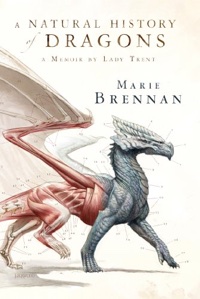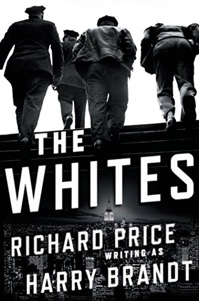by Mira Grant
This 2010 series-starter and Hugo nominee is not without shortcomings. It’s another zombie apocalypse and, knowing itself late to that party, doesn’t always take its zombies seriously. It’s a power fantasy about preternaturally smart and capable teenage bloggers who are so competent that we usually forget they’re teenagers. The early chapters have barrels of exposition once we get past the stock James Bond opening chase, and minor characters are frequently reduced to their function, which leaves the world thin. The core technical problem of the YA quest – how do we get agency in the presence of parents? – is settled here by establishing a pair of (very interesting) parents and then failing to even think of them for weeks on end. Much of the science fiction – the world of 2040 where bloggers dominate new media news – was already coming true by the time the book was published, and our hero’s amazement at her sysadmin’s ability of spin up virtual servers as needed is terribly 2008. Finally, this is a book about politics, but its politicians are not very well drawn and their politics is indistinct; I can believe we’ll have viral zombification in 2040 but I’m really skeptical that we’ll have liberal Republicans.
There’s a lot of wish fulfillment here. In the future, not only are weblogs a dominant and profitable medium, but every A-List blog employs a department of “fictionals” to fill the audience’s demand for stories – and poetry! When our heroes need to hire a head fictional, they find a simpatico young blonde who happens to be a terrific sysadmin and who wants them to call her “Buffy”.
And yet, there really is something here. There’s a competent thriller eventually, sure, but beyond that there are vistas of real strangeness. These are children born after the end of the world. They expect to die, because that happens a lot in their world. They expect to do amazing things because they were brought up that way and that’s who they are. They don’t spend much time mourning the lost, zombie-free world. They’re out to ride fast bikes, fight off zombie attacks, buy cool equipment, and manage their site’s chat boards and merchandising. They do that well, and, in the intervals, they get out the news, poetry on deadline.



